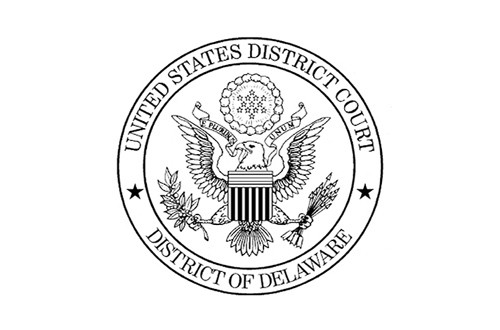
Teva has convinced a US court that the patent protection for Bristol-Myers Squibb’s hepatitis B treatment Baraclude is invalid.
BMS said it believes the court’s ruling is incorrect and will appeal the decision whilst “evaluating all other legal options to vigorously defend our intellectual property rights”.
The District Court of Delaware invalidated BMS’ composition of matter patent for Baraclude in the US (No. 5,206,244) on the grounds of obviousness, but did not uphold Teva’s claim that BMS had committed “inequitable conduct” regarding the patent application.
Baraclude (entecavir) is an important revenue generator for BMS, especially as it grapples plummeting sales of its multibillion-dollar blockbuster Plavix (clopidogrel) in the wake of last year’s patent expiry in the US.
The hepatitis B treatment is one of five key products that collectively make up the engine of BMS’ product portfolio at the moment, and the product contributed $1.4bn out of BMS’ total sales of $17.6bn in 2012.
The court’s jurisdiction only covers BMS patent protection for Baraclude in the US, which accounted for $241m of the drug’s total turnover last year and is expected to reach around $260m in 2013.
BMS filed a lawsuit against Teva in 2010 when it filed for approval of its generic, introducing a 30-month block on the introduction of a copycat version of Baraclude, which it maintains is protected until February 2015.
At the moment it is unclear whether Teva will move forward with the launch of its generic ahead of any BMS appeal, weighing the risk of damages if BMS eventually prevails to the near-term sales opportunity of being the first drugmaker to launch a generic competitor.
In any event there will be some delay as the FDA has not yet approved Teva’s generic marketing application, although this could occur at any time.
There have been suggestions that the case has wider significance across the pharmaceutical industry as it is the first time that a US court has invalidated a patent obtained on a drug developed via lead optimisation, in other words a modification of an older molecule (in this case the naturally-occurring nucleoside 2′-deoxyguanosine or 2-CDG).




